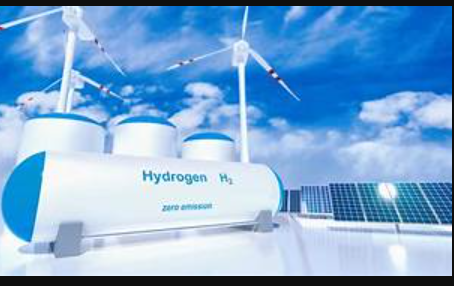
A group of countries including France has delayed at the eleventh hour the approval of new EU renewable energy targets, according to diplomatic sources familiar with the matter.
Diplomats from EU countries had been scheduled to approve the law, known as RED, on Wednesday after negotiations from EU countries and the European Parliament agreed what was supposed to be a final deal on it earlier this year.
France’s representation to the EU did not respond to requests to comment.
The law would see the EU raise the share of renewable energy in its overall consumption to at least 42.5% by 2030. A vote on the final draft this morning at a council meeting was meant to be a formality.
The rare move also delays the passage of another law regulating aviation fuel. Germany similarly delayed the passage of a law on CO2 emissions from cars this year, which was then passed with an exemption for e-fuels at the end of March.
Discussions to pass RED were tense earlier this year as France and other pro-nuclear countries wanted hydrogen produced from nuclear power plants to be included in the targets.
The sources said that the countries’ last-minute concerns included how the text handles ammonia, used as a fertilizer, and largely produced from hydrogen that relies on natural gas.
“You take this out and use 100% hydrogen from electricity then the process does not work anymore and you need to rebuild the entire plant,” one diplomat specified, adding that some can be made from hydrogen derived from electricity but not all.

